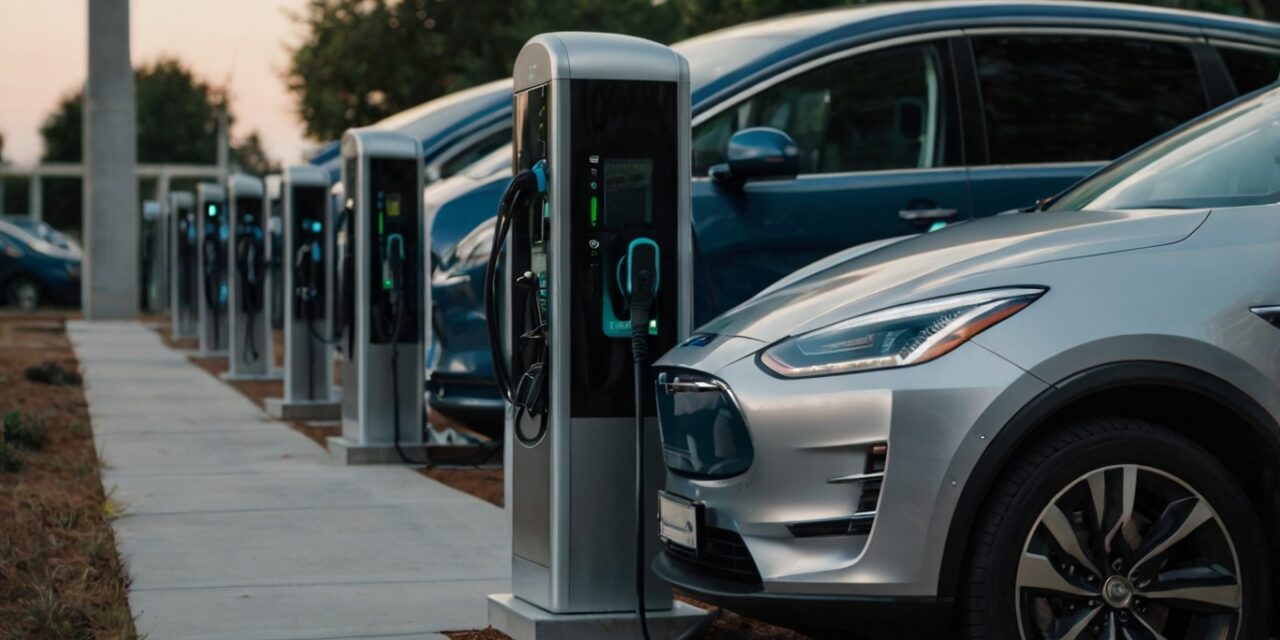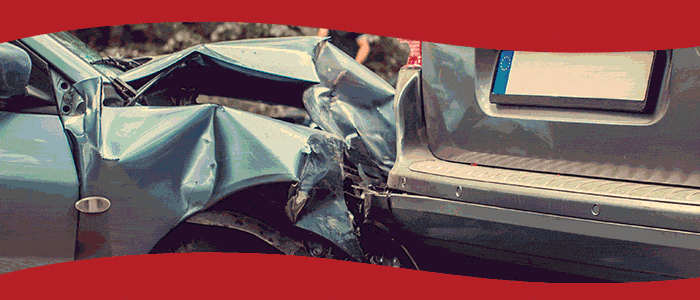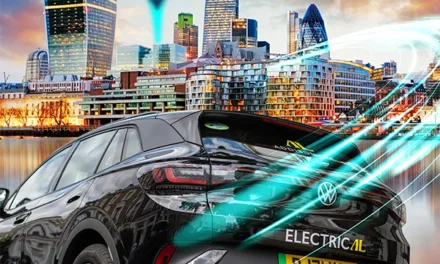Any government help offered to the motor industry to help hit future Zero Emissions Vehicle (ZEV) Mandate targets should consider electric van demand as well as supply, says the Association of Fleet Professionals (AFP).
Chair Paul Hollick said that “flexibilities” reportedly under consideration by transport secretary Louise Haigh – such as allowing manufacturer factory emissions to be considered or including exported vehicles made in the UK in the tally – would do nothing to encourage van fleets to electrify.
Paul Hollick, AFP chair, said: “The Van Plan that we launched with the BVRLA and other parties a few months ago explained the demand issues that are behind slow electric van uptake – insufficient public and private charging infrastructure, regulatory barriers, and affordability and availability of suitable product.
“The problem with electric van sales is not so much that they are lower than expected, as seen in the electric car market, but that they appear to have stalled altogether around the 5% mark. Fleets effectively refuse to buy them for practical reasons, and forcing manufacturers to increase the percentage of vehicles under the ZEV Mandate doesn’t solve that core problem.
Advertisement
“It’s positive that the government is reportedly in what it calls ‘listening’ mode, but from reports of recent meetings, they appear to be approaching their rethink from the point of view of helping manufacturers offset limited demand rather than finding ways to encourage fleets to purchase. We think that creates an unsustainable situation.”
Paul said that only a step change in technology improving the range and payload issues with electric vans would resolve core fleet objections, so potential government action lay instead in areas such as infrastructure, regulation and financial incentives.
“Again, as mentioned in the Van Plan, we need to find ways of rapidly making more chargers offering cheap power available in more places and more accessible to vans, as well as resolving the ongoing issues around licencing and operation of 4.25-tonne vans. Improving these scenarios would potentially create at least some impetus.
“However, nothing changes the core fact that the rapid electrification of electric car fleets was powered mainly by massive benefit-in-kind tax incentives. A similar carrot may be necessary for electric vans to generate the kind of momentum that the government wants to see. Businesses may need a genuine financial benefit to offset the operational problems they experience around electric vans.
“We’re presently in a situation where it appears that many fleets, having found during the pandemic that they can practically extend replacement cycles by several years, are planning to hang on to existing diesel vans until the situation surrounding electric vans improves. Pushing more and more production volume into a market where that kind of attitude is present makes limited sense.”














